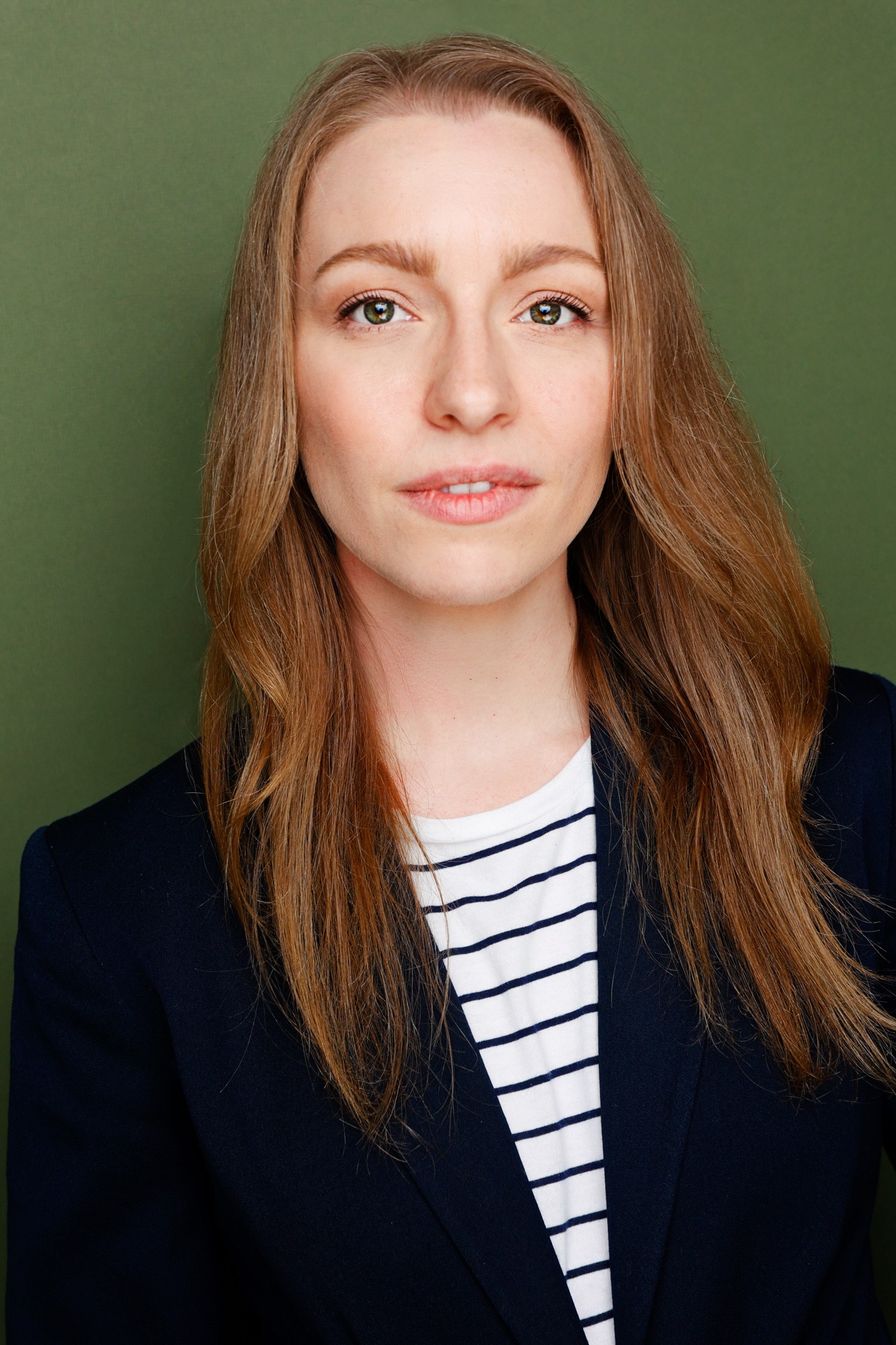We’re excited to introduce you to the always interesting and insightful Joanna Cretella. We hope you’ll enjoy our conversation with Joanna below.
Joanna, looking forward to hearing all of your stories today. Did you always know you wanted to pursue a creative or artistic career? When did you first know?
Honestly, I really never wanted to be an actor. My mom was an actor when I was growing up, so I knew all the pitfalls of the job. She used to tell me all the time that 90% of actors are out of work at any given time (a statistic that I believe holds true today). I saw how hard she had to work and how much we had to scrimp and save, and I wanted a path that wasn’t quite so financially and logistically challenging.
But at the same time, I started acting when I was around 9 or 10. My mom was teaching an acting class in our basement, and I surprised her by telling her I wanted to take it. After that, I did the school play and school musical every year through middle and high school. I did at least three shows a year in college. I took so many theater classes that I accidentally picked up a double major. Even after graduating, I still didn’t look at it as a viable career path – but I just always kept coming back to it. Being in a theater, being on set, even just being in class with other actors…it always feels like home to me. I just couldn’t stay away. So when my now-husband got an opportunity to move to the West Coast for his job, I decided I was going to make a real go of it and make acting my professional priority. My mom continues to tell me how surprised she is that this is my life now.
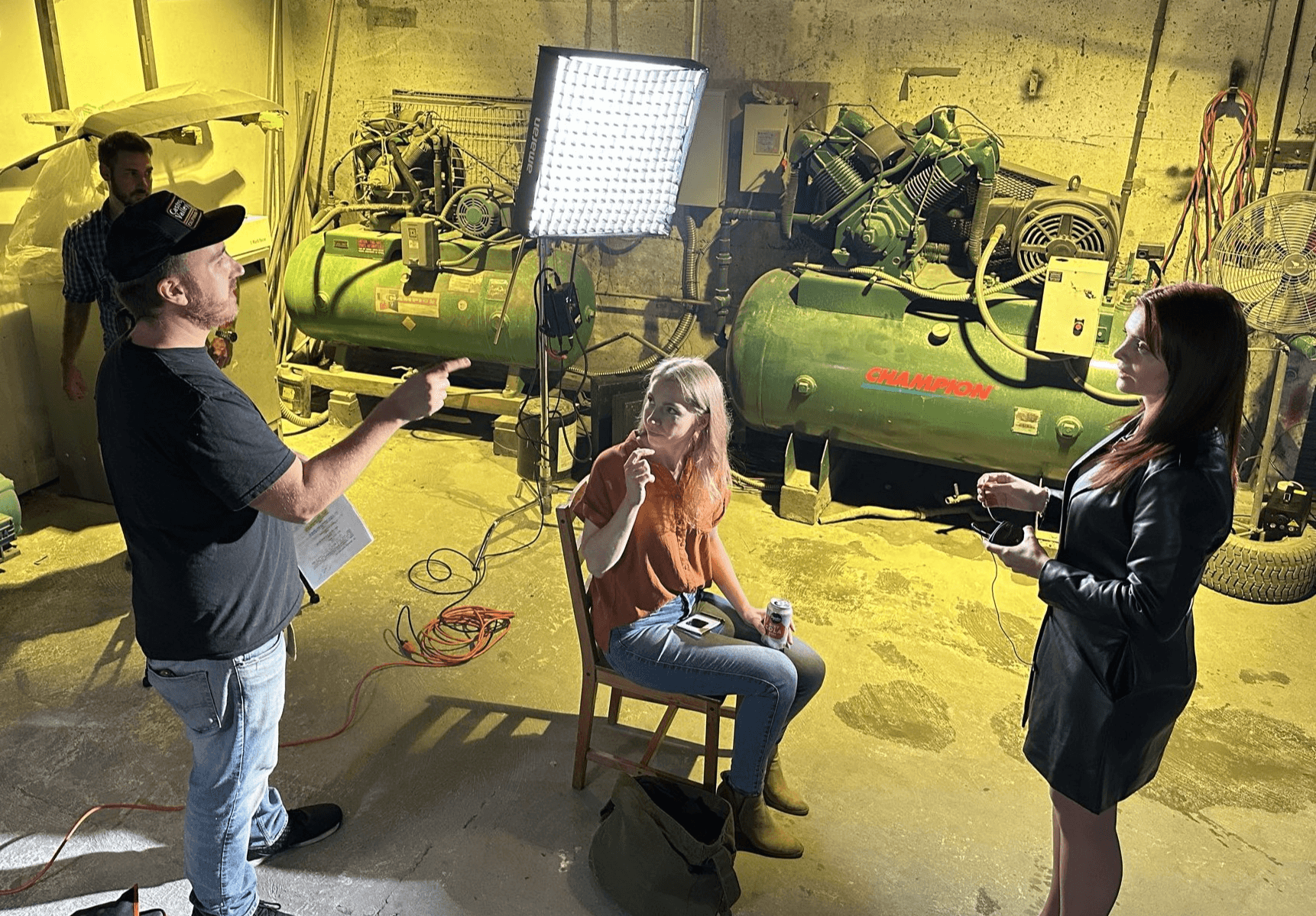
Awesome – so before we get into the rest of our questions, can you briefly introduce yourself to our readers.
Sure! I’m Joanna Cretella, and I’m an actor who works in multiple mediums. I do live theater, on-camera work, and voiceover. I’ve also got some experience in directing, both for theater and short films. I’ve been writing and producing some of my own short scenes in the past couple of years, and hope to continue working in that space and eventually make more of my own films. Some of my credits include bonus content for Amazon’s show “The Boys,” commercials for Marriott, HP, TurboTax, and Russell Stover, the TTRPG actual play podcast “Ain’t Slayed Nobody,” and a feature film titled “Tonight and Maybe Tomorrow” that will be making the festival circuit this upcoming season.
As I mentioned before, I starting acting as a kid, primarily in theater. I added on-camera work when my husband and I moved to the San Francisco Bay Area in 2016, and then after the pandemic hit, I started studying voiceover as a job I could do from home. Now, VO is actually what I spend most of my working hours doing, so I call that my “main job.” Though, of course, nothing is ever so black and white in this industry.
I find the question of “what sets you apart from others” so interesting, because as an actor, what sets me apart from anyone else doing this job is literally just who I am as a human being. The unique perspective that I bring from my own life experiences and emotional journey is completely different from what any other actor will bring. And so a major part of my journey in this career, particularly for the last couple of years, has been how exactly to tap into that perspective and that emotional life in every audition. We all get the same few pages to audition with. If I take a scene and try to “do it right,” I’m just going to do the same generic thing that we all think we should be doing. But what’s actually interesting to watch is the real reactions. The weird impulses. The way I rub my forehead when I’m irritated, or how I talk too fast and trip over my words when I’m flustered. So I try to focus on being a full human being in every moment, and on using what’s actually going on in my inner life to bring the character into focus.
I remember doing a scene where a character was on the phone with a customer service rep, trying to close her brother’s account after he had suddenly passed away. I was walking out of my house, locking the door, putting on my jacket. And in one take, I absolutely could not get my jacket on. I must have tried 5 or 6 times to get my arm into that freaking armhole. As the actor, I was getting frustrated, and could have stopped and started over. But instead I used that frustration to feed into exactly what the character was feeling in that moment – overwhelmed, lost, looking for anyone to make her life just a little bit easier but finding absolutely no help. And that’s the take I ended up using, because it was the most human. Being able to recognize and go along with those happy accidents; to reveal something about how a character handles adversity through my own reactions to it; that’s something that I’m really proud of. And I think that’s something that I’ll never be finished working on. In my mind, that’s the whole job.
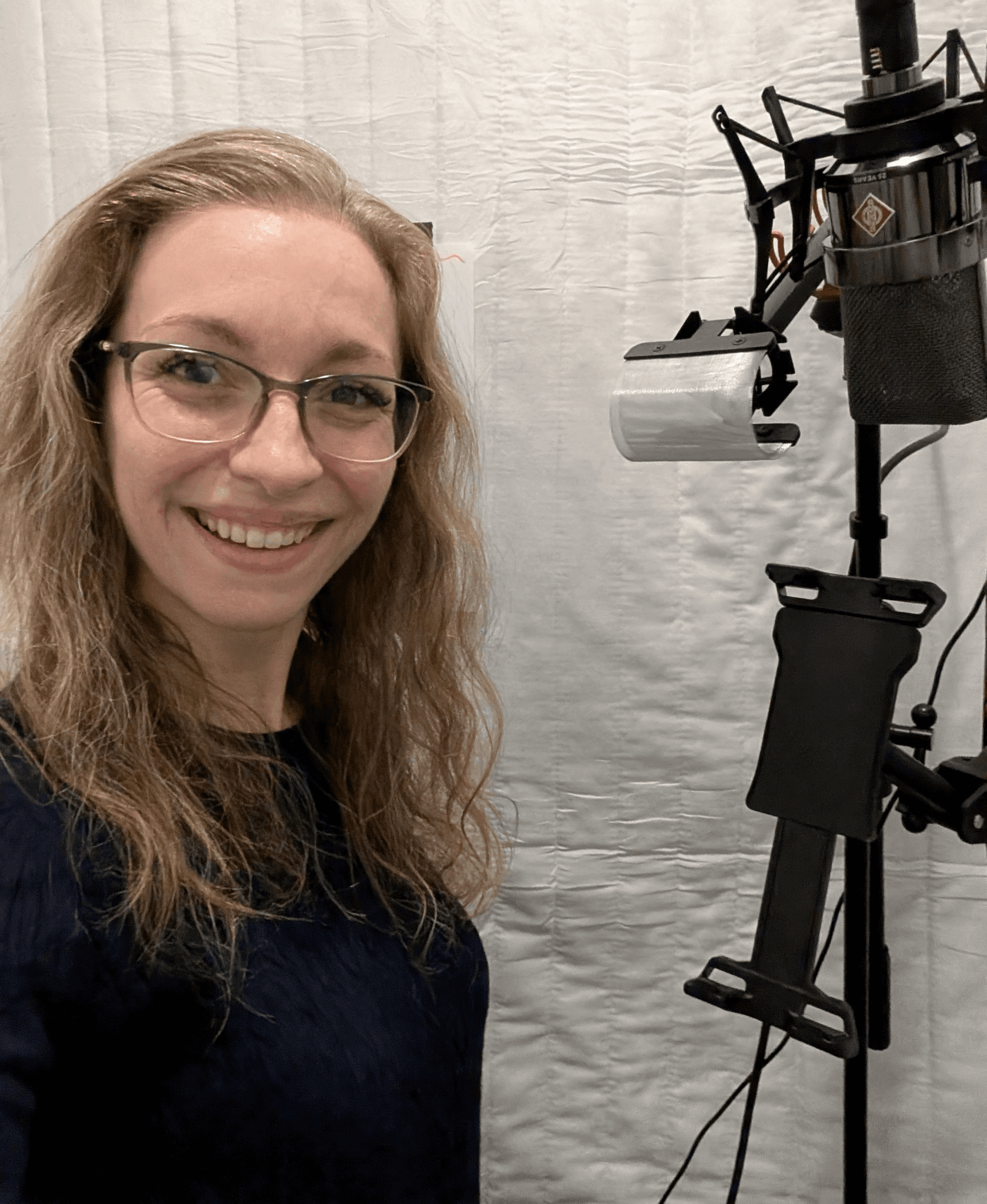
What can society do to ensure an environment that’s helpful to artists and creatives?
For me, this one is pretty easy – financial support. Most artists are freelancers who don’t know when their next paycheck may come in. We often need multiple income sources, and every extra job we add on takes away from the time we can dedicate to our artistry. There seems to be this prevailing idea that you have to be a starving artist to make good art, but the artists I know that have had the most longevity in this career are the ones that have had some kind of stable financial backing, whether that’s from a flexible tech job or a partner that’s paying the bills. The longer an artist has to hustle between multiple side jobs and barely making rent, the more likely they are to burn out and give up.
A lot of other countries have significantly more robust funding that gets distributed to artists than the United States. Here, it seems like everyone wants to watch movies and TV shows and listen to music, but a lot of people don’t want to have to pay for it. But an artist that can’t eat, can’t entertain you either. I would love to see us place more value on the arts, and recognize that these cultural touchstones don’t just come to life out of thin air. They take a lot of work from a lot of people, who have spent a lot of their time and money training the skills it takes to produce something high-quality, all coming together and collaborating in a sometimes painstaking creative process. And a lot of the money you’re paying for a movie ticket or Spotify or what-have-you isn’t going to the artists, it’s going to the executives.
So on a personal level, maybe check out and donate to a new Patreon, or show up to support your local high school that’s considering cutting funding for their arts programs. Back your director friend’s Kickstarter for the movie they’re making. But on a societal level, even though my answer is simple, I think it will actually take a pretty significant cultural shift to achieve the level of support I think artists deserve. UBI (Universal Basic Income) would make a big difference in the right direction. That’s probably even more idealistic than increasing artist grants though.
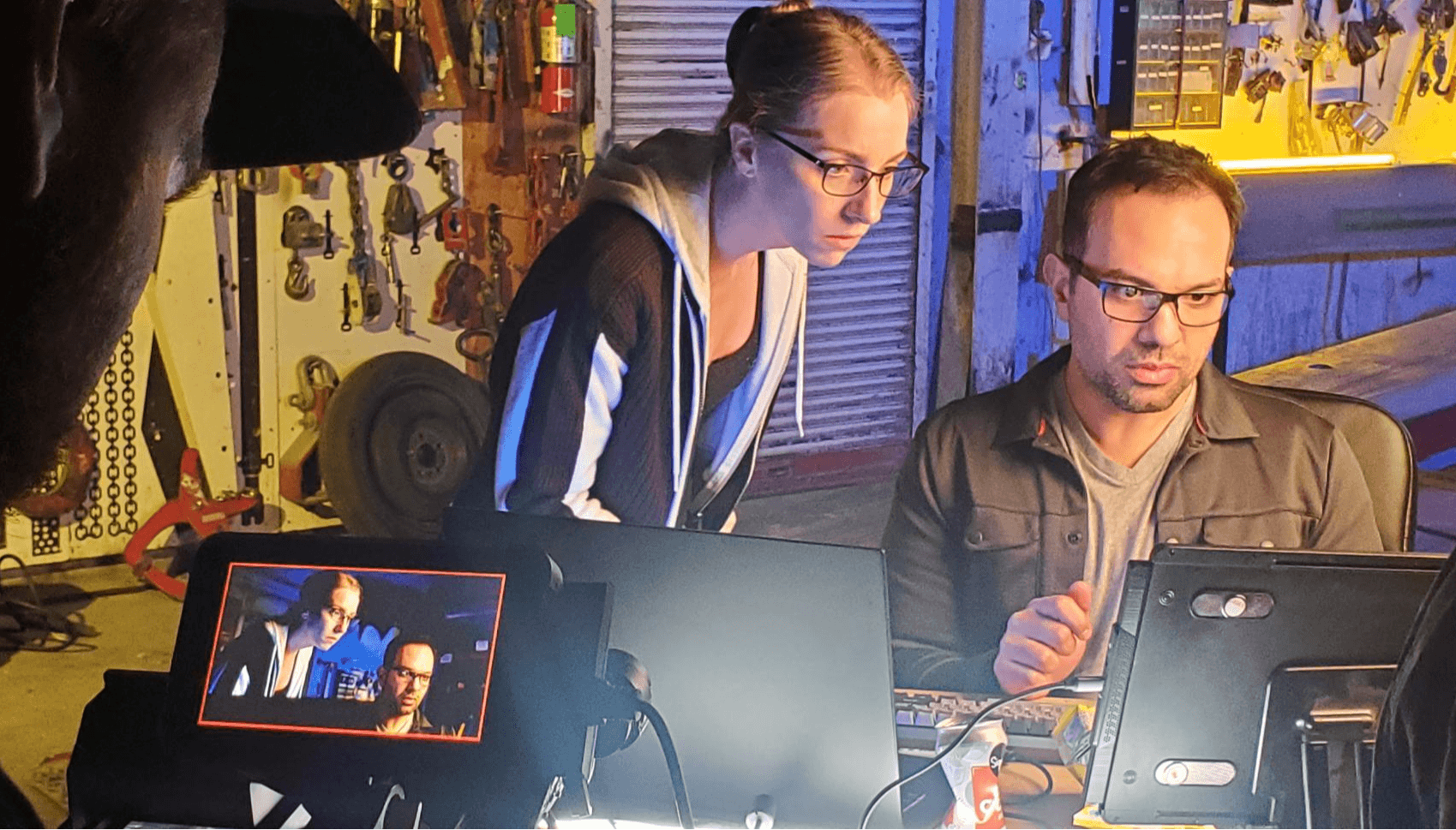
For you, what’s the most rewarding aspect of being a creative?
The community, by far. Being in a room full of other creatives just fills my soul in a way that nothing else can come close to. I feel at home. We’re a bunch of weirdos, and we love being weird together and making weird stuff. Who knows if anyone else will like it? But it doesn’t matter, because we’ll have had a great time making it.
It’s actually a really interesting dynamic, because in the theater and film world, it’s quite rare that you work with the same group of people multiple times. So you’re spending a finite amount of time with this group, but it’s long hours, very intense and highly collaborative. You end up forming relationships very quickly, getting comfortable with each other and falling in friendship love – and then you may never work with them again. You all disperse and move on to other projects, and everyone is always so busy. I think some people see the way that we form and lose friendships and think that actors are flaky. But it’s really just a byproduct of the world we live in. Of course we try to keep in touch as much as we can with the people that have touched our hearts. And I try to support my friends’ projects by going to see them in a show or buying tickets to their film festival. But there’s certainly a very long list of people I absolutely adore that I wasn’t able to keep up with. And that’s just the reality of this life.
On a similar front, I also find helping other actors really rewarding. I love helping people choose headshots, reading their scripts, going through the ins and outs of joining the union. I try to make myself as available as possible for that kind of stuff, especially for newer actors. Navigating this industry can be really tricky, and it makes a massive difference to be able to bounce ideas off someone who’s been through what you’re going through.
Contact Info:
- Website: https://www.joannacretella.com
- Instagram: @jocretella
- Other: linktr.ee/jocretella
Bluesky: @jocretella.bsky.social
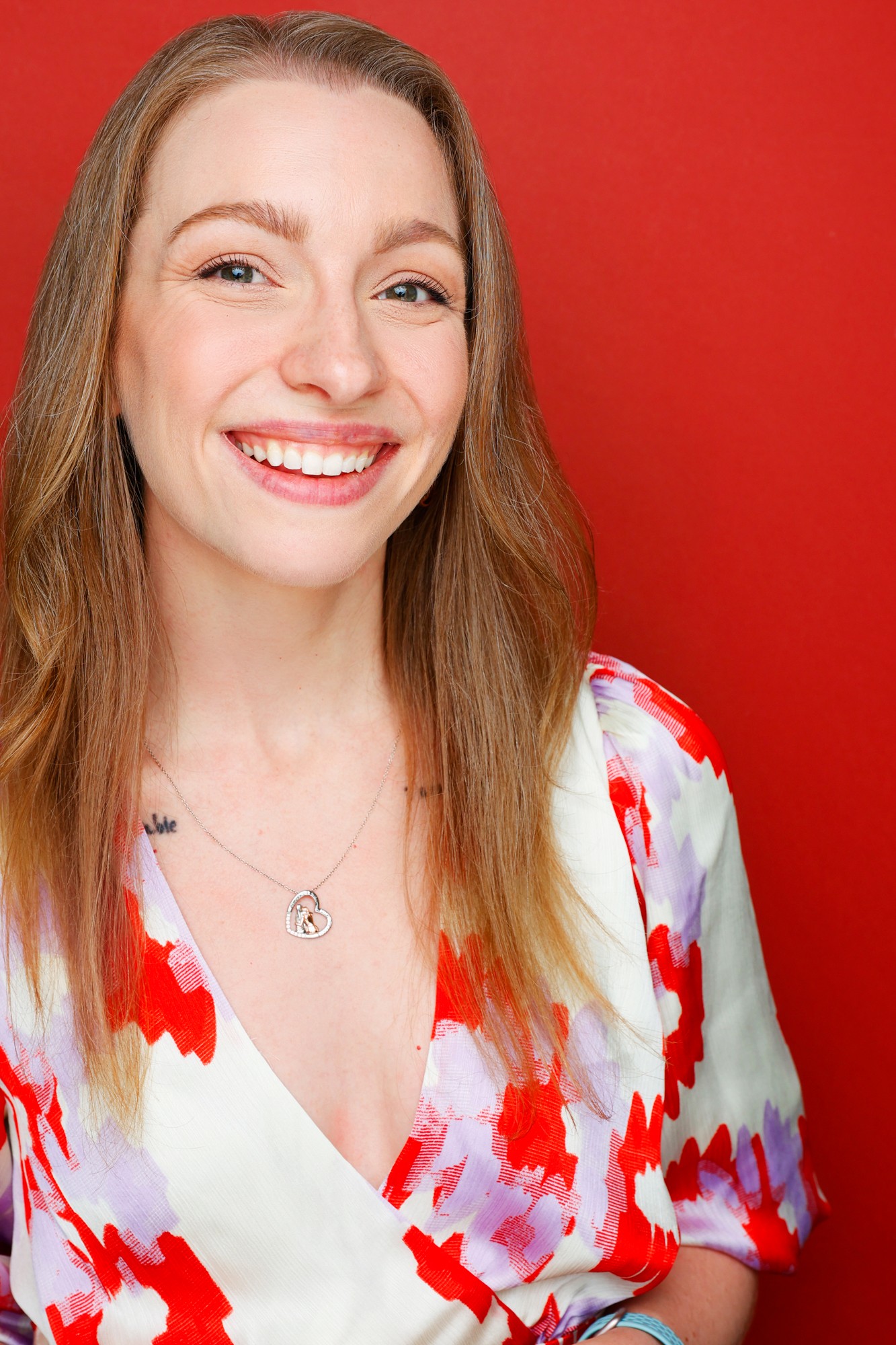
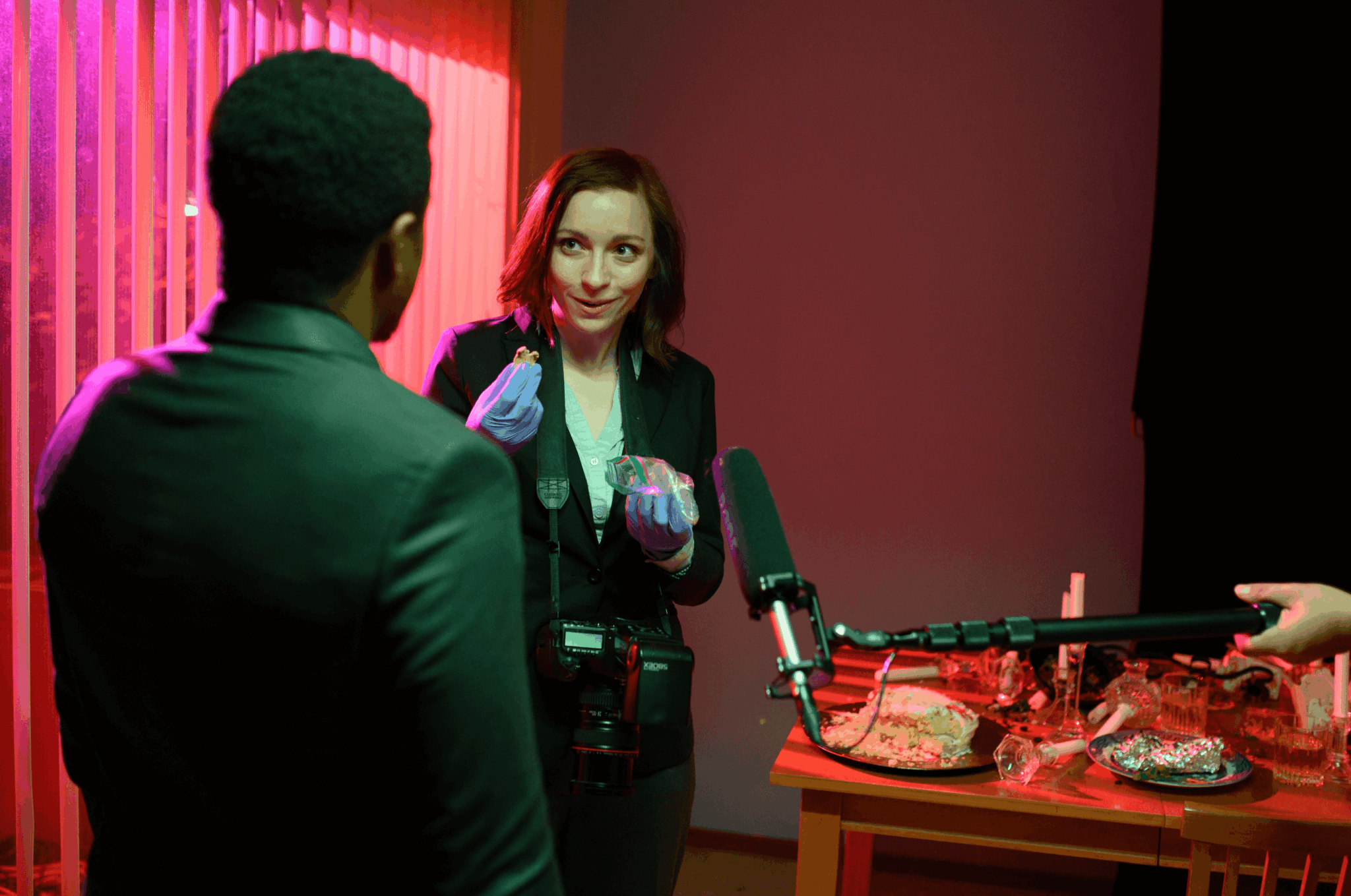
Image Credits
Leah Huebner, Justin Benttinen, Diana Roman, Blake Wall


